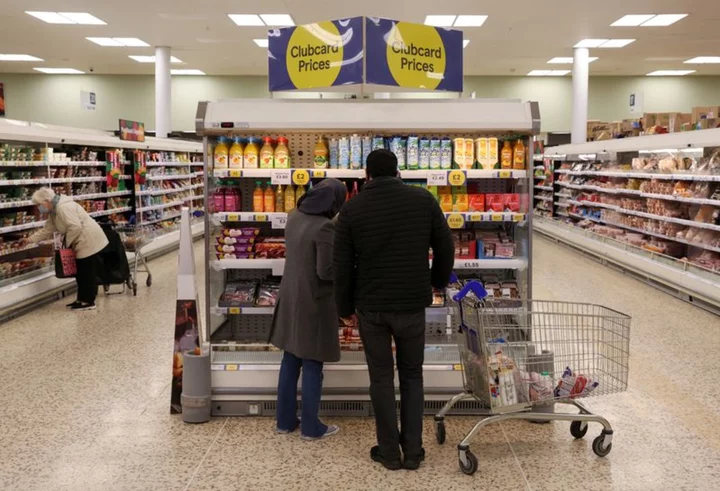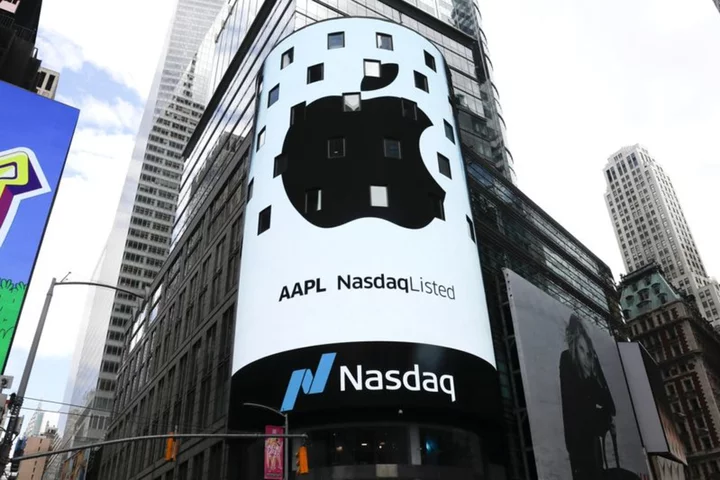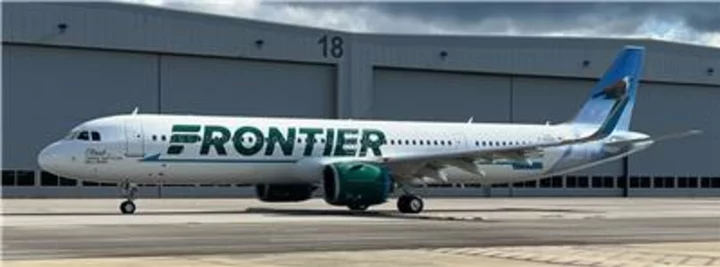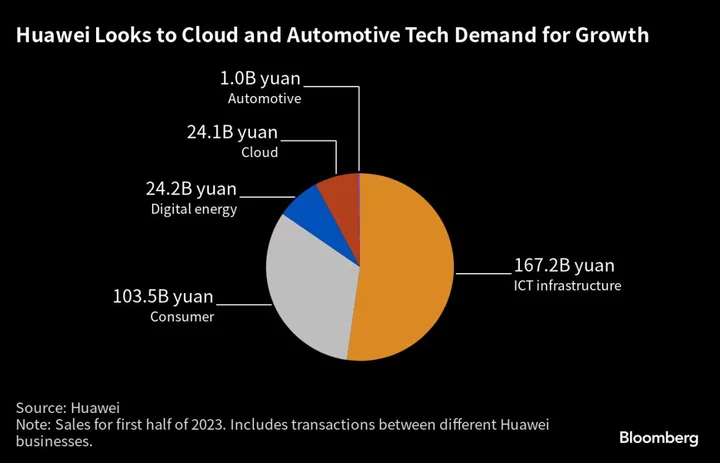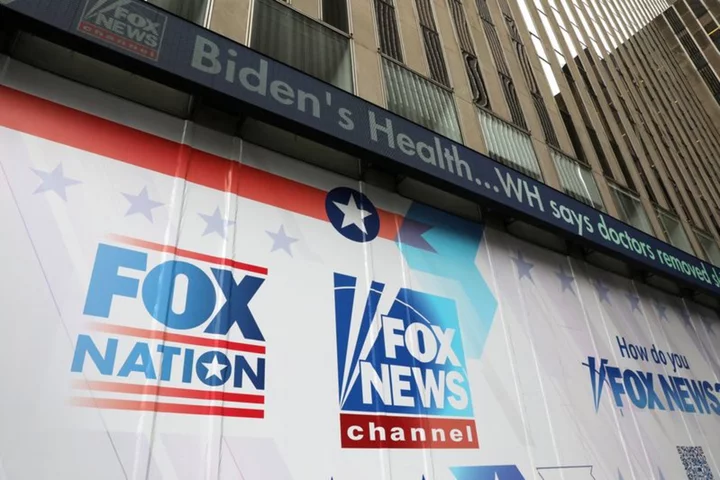By Joice Alves
LONDON European grocers could exceed market expectations for earnings growth this year as they keep prices high even as costs fall, but the spectre of declining inflation and government-imposed price caps is tempering investor hopes.
Stock pickers have been lured to names like Tesco and Carrefour, whose profits have been boosted by the rising cost of everything from pasta to chocolate.
JPMorgan expects higher earnings growth for European grocers this year than the market forecasts. Barclays has an overweight recommendation on Tesco, Carrefour, and Sainsbury, citing prices staying high even after cost pressures ease.
Euro zone inflation eased more than expected last month as underlying price growth also slowed. But shoppers buying food and essentials may not be seeing the full benefit.
"We're not seeing that put through into prices and the story here is really one of margin expansion," said Dean Turner, UBS wealth management's chief UK economist. "Because (companies) can still use the narrative of a high inflation backdrop to continue to push through price rises."
That helped drive a rally in the stocks during the first quarter but there are doubts whether it can be sustained. Governments and regulators across Europe have raised concerns that prices are being kept unnecessarily high.
The biggest food companies in France have pledged to cut prices on hundreds of products from next month, Finance Minister Bruno Le Maire said on Friday, threatening financial sanctions if they break the promise.
Britain's competition regulator last month warned supermarkets it is looking at their supply chains as part of efforts to tackle food price inflation.
An index of food and staples retailers, which recorded its best quarter since 2015 earlier this year with a 13% jump after a 25% tumble in 2022, has declined around 6% since May, in line with the broader European market.
Food and beverage companies have also lost some steam.
Supermarkets, which are typically low margin businesses and have been squeezed by competition from discount stores like Aldi and Lidl, have been supported by significant pricing power. So have food giants like Danone, Nestle and Lindt, according to Refinitiv figures.
The rising cost of commodities caused by supply disruptions exacerbated by Russia's invasion of Ukraine last year has been blamed for surging inflation. But food prices continued to climb even after energy and food costs fell sharply.
It didn't go unnoticed to investors that net profit margins, a key measure of profitability indicating how much of the revenue translates to profit, has improved for many food and beverage companies since last year.
Net profit margins of an European index of consumer non-cyclicals nearly doubled to 6% last year from 3.3% in 2021. The index includes beverage giants like drinks bottler Coca Cola HBC and Carlsberg, as well as supermarkets such as Ahold Delhaize and Jeronimo Martins.
"Food inflation basically surprised to the upside and unfortunately for the consumer, or fortunately for the retailers they (companies) are able to pass that on," said James Rutland, fund manager at Invesco in London, which says his fund has some exposure to food retailers.
IS THE PRICE RIGHT?
Official data shows that the underlying costs for food companies have fallen sharply this year.
The United Nations food agency's world price index, which tracks the most globally-traded food commodities, fell in May to its lowest in two years, and is more than 20% below a record high hit in March 2022 following Russia's invasion of Ukraine.
A benchmark of European gas prices, which have been blamed for lifting corporate costs, has fallen to July 2021 levels, and is now down a whopping 92% from the record highs touched in August after Russia cut energy supply to Europe.
Declining energy prices meant the latest reading of euro zone producer prices showed prices at factory gates in the 20 countries sharing the euro fell for the seventh consecutive month in April and were 1% just higher year-on-year, compared with August's record annual growth of 43.4%.
Wage inflation, as well as multi-month contracts with suppliers signed during last-year highs, could be one reason why people aren't seeing food prices falling, investors said.
"What I think the issue you have is that a lot of these companies hedge things on anywhere between a six and a 12 month view ... We're still going to see companies reflected in the commodity prices of last year in their numbers this year," Rutland said.
UBS said prices in developed economies seem to be driven mainly by profit-led inflation.
"We've seen persistent month-on-month increases in prices that would suggest that there is a little bit more to the story than just that (costs)," UBS's Turner said.
(Reporting by Joice Alves; Editing by Matt Scuffham and Mark Potter)

